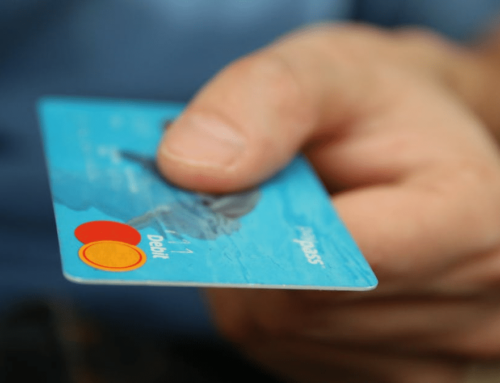Why You Should Consider Freezing Your Credit Records
There is increasing evidence that a significant amount of personally identifiable information has been stolen from the private company National Public Data. This company provides background check services and, therefore, has access to credit-related information for most individuals who are United States citizens. The full extent of the data theft has not been confirmed as of August 19, 2024, but may include social security numbers, making this a very serious risk for identity theft and misuse of personal credit.
The frequency and severity of data theft and cybercrime are steadily increasing and starting to include sufficient information for fraudulent abuse of personal credit. This latest incident is the perfect example of that trend.
Individuals should strongly consider freezing their credit records at the three major credit bureaus. Freezing one’s credit records prevents new accounts from being opened with any creditors, so if the individual does truly intend to open a new account or make credit changes, they will need to “unfreeze” the credit records each time they plan to make changes.
Here is a link that explains credit report freezes at the credit bureaus: https://www.annualcreditreport.com/securityFreezeBasics.action
Note that this web site annualcreditreport.com is the federally mandated website where you can obtain a full credit report from each bureau once per year.
The following article reports more details about the National Public Data incident and provides additional detail about freezing credit records: https://www.yahoo.com/news/hackers-may-stolen-social-security-100000278.html
Here are links to the pages of all three credit bureaus where individuals can freeze their credit records:
Experian: https://www.experian.com/freeze/center.html
Equifax: https://www.equifax.com/personal/credit-report-services/credit-freeze/
TransUnion: https://www.transunion.com/credit-freeze
Note that to place a freeze on an individual credit file, individuals must set up or already possess a login/account with each bureau. If you have not already set up an account with each bureau, it is important to:
- Use a trusted computer or mobile device (not a publicly shared computer) to set up your accounts.
- Use a unique and complex password for each bureau login.
- Do not select the “remember this device” option if given by the bureau website, and do not let your web browser store your passwords for you.
- Store the login credentials and secret questions or multi-factor information in an encrypted password manager.
- When asked for “secret questions” for each account, answer with uniquely created and random information, not true personal data; store this information in your encrypted password manager.
- Be very protective of the email account and mobile devices/phone numbers used to log into each bureau – it can be used to reset passwords to the bureau logins.
When registering for an account/login on the Equifax website, they offer paid accounts, but individuals can freeze their credit records using the free account. The effectiveness of the credit monitoring paid accounts is a subject of much debate in the cybersecurity and financial advisory industries.
If you have any cybersecurity questions and are a Managed Network Service client of Chortek, please feel free to start a click-to-chat session for our team to give you a hand. Be safe out there!




